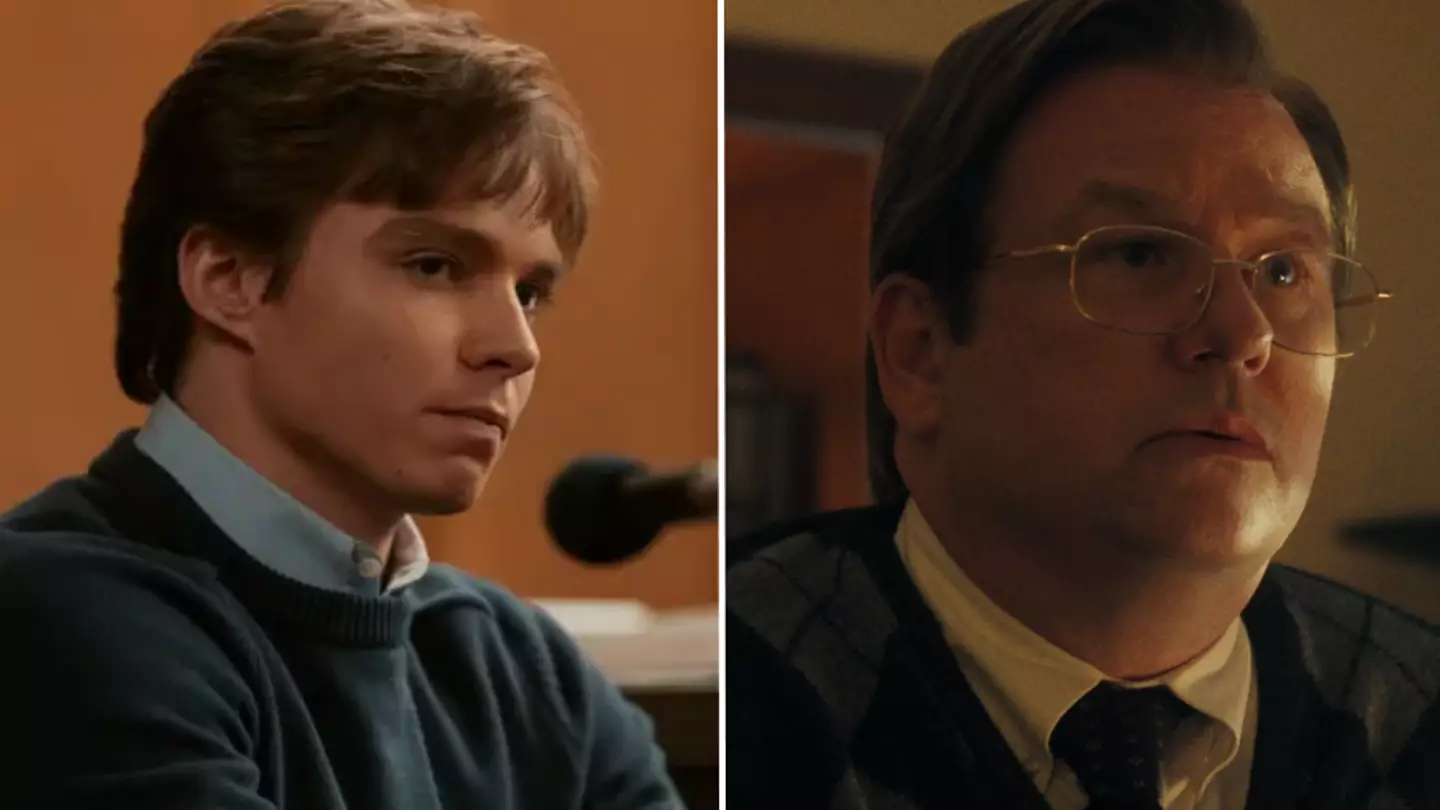
The controversial new instalment of Netflix's Monsters series - which tells the harrowing story of Lyle and Erik Menendez - has sparked mass concern regarding how real-life murder investigations are dealt with by those in charge.
And among the countless vital questions raised by viewers is what information a therapist can keep a secret for their patients, and when it becomes their responsibility to inform the authorities.
Who are Lyle and Erik Menendez?
One night back in 1989, the pair of affluent, Beverly Hills brothers contacted the police, claiming to have returned home to find their parents parents - José and Mary Louise 'Kitty' Menendez - violently murdered at their home with a shotgun.
In the weeks that followed, the pair began spending their colossal inheritance money recklessly, yet managed to avoid police suspicion.
Advert
It wasn't until Erik - the younger of the brothers - opened up to his therapist about the crime that the truth finally emerged.
What exactly did Erik tell his therapist?
Speaking initially to his psychologist, Dr Jerome Oziel, Erik lifted the lid on the nightmares that had plagued his sleep since the gruesome murders.
Eventually, the licensed therapist was able to coax him into confessing to the crimes, revealing he and Erik had committed the murder in self-defence, claiming his parents could be physically abusive towards him.
.jpg)
Erik informed his brother Lyle what he'd admitted to, and the brothers begged Oziel not to go to the police over the murders, which he agreed to, claiming his 'patient confidentiality agreement' wouldn't permit him.
As the latest Netflix series shows, Oziel then began recording his conversations with the brothers, yet promised not to reveal their secrets.
He did, however, tell his mistress at the time - a lady named Judalon Smyth, who was also one of his former patients - about their confession.
When a married Oziel ended his secret relationship, however, Smyth told the police what she knew, revealing that the therapist had even kept tapes.
What happened to the brothers?
Lyle and Erik were subsequently arrested, after which their trial became a national sensation.
Taking to the stands, the duo respectively broke down in tears, claiming to have been both sexually and physically abused by their father since their childhood years, and alleging their mother knew the whole time.

Though their testimonies were supported by several other family members, the jury were baffled as to why neither Erik nor Lyle had mentioned the sexual nature of their father's abuse when conversing with Oziel.
Eventually, the pair were sentenced to life in prison without the possibility of parole.
Real-life laws on patient confidentiality
As we say, since the series ended, viewers have been attempting to distinguish the facts from the real-life case, to the fictionalised elements of the show included by director Ryan Murphy.
Among their biggest concerns was whether or not therapists really do have to abide by patient confidentiality, even in circumstances where a crime has occurred.
"Why didn't the therapist immediately tell the cops about the brothers," one viewer asked this week.
Another pointed out: "One thing the Menendez brothers show has taught me is that if a client tells me they committed a double murder I indeed cannot tell the police, which seems a little like being an accessory to murder, so let’s hope that never happens!"

When it comes to how these laws are actually enforced around the world today, however, they actually vary per country.
According to US healthline Psych Central, whether or not a therapist can report a crime depends on when it was committed.
Generally, the website explains, confessions to past crimes are held in confidence.
If the American therapist has reason to believe, however, that the crime is yet to take place, or whether the patient still poses a risk to others, they are advised to report it.
In the UK, however, according to The British Psychological Association, therapists are expected to inform their client if they believe a confession should be reported to the appropriate authorities, and receive their consent before taking it upon themselves to file the report.
If the 'security or welfare of the client or someone else may otherwise be put at risk', however, the psychologist must 'weigh carefully the arguments for and against disclosure'.
Topics: Crime, Mental Health, Netflix, TV And Film, True Crime, Menendez Brothers